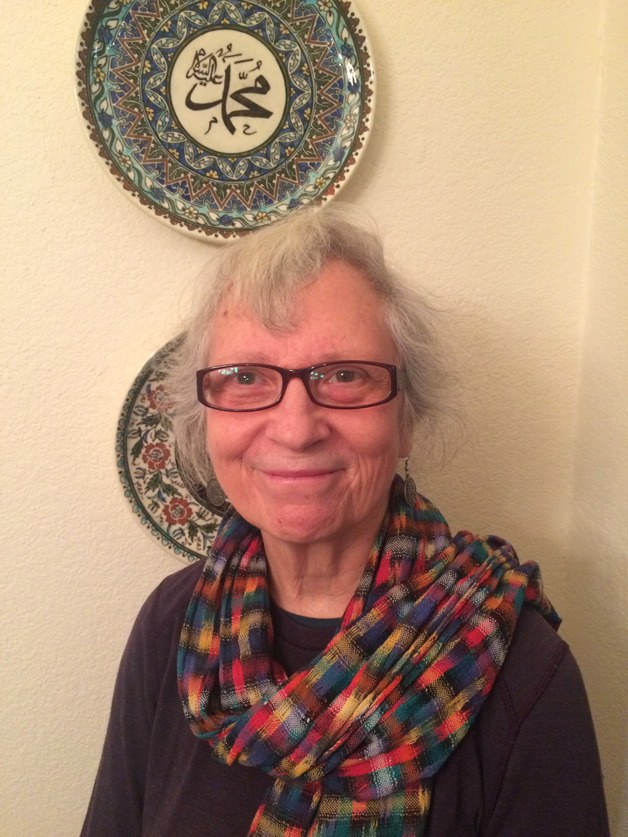I was talking with a friend and fellow Baha’i about how to frame my comments for this interfaith column. I had chosen climate change as the topic. I think about it a lot. I’ve been on the Island about a year, and this “weather thing” has cropped up several times.
As I started writing, I focused on climate change as a human-plus-environment problem and passed the writing on to my friend for review.
She said, “People hate each other, Stef, more than they love the planet.”
I thought, well, yes. This is true. The overarching dilemma is not the carbon footprint of consumerism; the problem is our fearful relationship with our fellow human beings. After thinking about her remark, I started over.
OK. If we, the “brilliant human” species, could get along with each other — yes, all of the “each other,” even those who have different looking faces and shades of brown, those who aren’t able to stay put, those who worship a different god, or none, those who love others of the same gender, and so on, you know the list — we would consult and figure out a solution or several.
However, we are too busy finding fault and throwing rocks at each other over whose land is it, and the resources and lifestyles and stealing money from each other left and right to focus on what could be called a global tsunami. We are too busy with the fears to give the problem a genuine notice.
The other thing my friend said is that we must work on developing trust. Do I or you trust our neighbor won’t shoot us? I am thinking here about the global “you.” Or rob us blind, or hurt our children? Do they trust me, or you?
Christ said, “Love thy neighbor as thyself.”
I want to know why this is so difficult. Why is it so hard for us to love our neighbors, wherever they and we live on the globe? Baha’u’llah (the Baha’i founder) continues with: “When a thought of war comes, oppose by a stronger thought of peace; a thought of hatred must be destroyed by a more powerful thought of love.”
What could developing our “trust muscle” do? Einstein suggested, “We can’t solve problems by using the same kind of thinking we used when we created them.”
I wonder if trying to strengthen trust in my all relationships, as the antidote to our fears, is the workout required, my literal assignment, and the solution strong enough to push or pull us to that higher moral ground.
So, if mistrust and the resulting self-protecting, fear-based actions are the barrier to solutions and make climate change a “love thy neighbor” problem, rather than an environmental issue, then the solutions to this challenge will be best served when it is faced by a lot of us. If fear and hatred (and resultant war, with its enormous, lasting, destructive footprint) play a primary role in our environmental crisis, then it seems logical that trust — when given the same emphasis (consider budgets allocated and human resources assigned) — can take us completely in the other direction.
Years ago I wrote a little song. The one line I remember is: “I have a vision that someday everything will stop, and the people of this planet will pull up their chairs and talk.” I hope this happens soon.
Stefani Galaday is a retired art teacher who moved to Bainbridge to be near her daughter and grandchildren. She is a member of Bainbridge’s Baha’i community and has self-published a collection of her writing titled “BITS.” She loves being surrounded by water.



